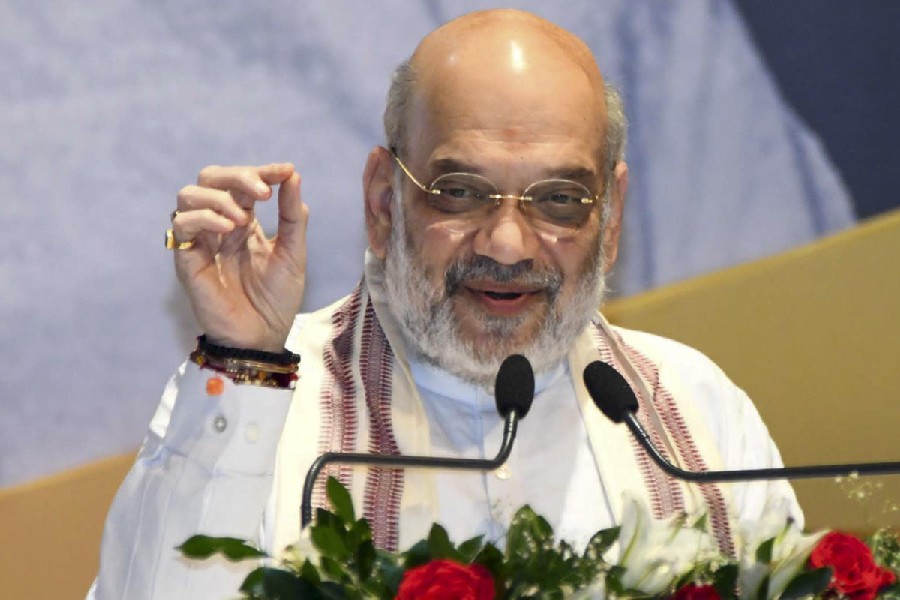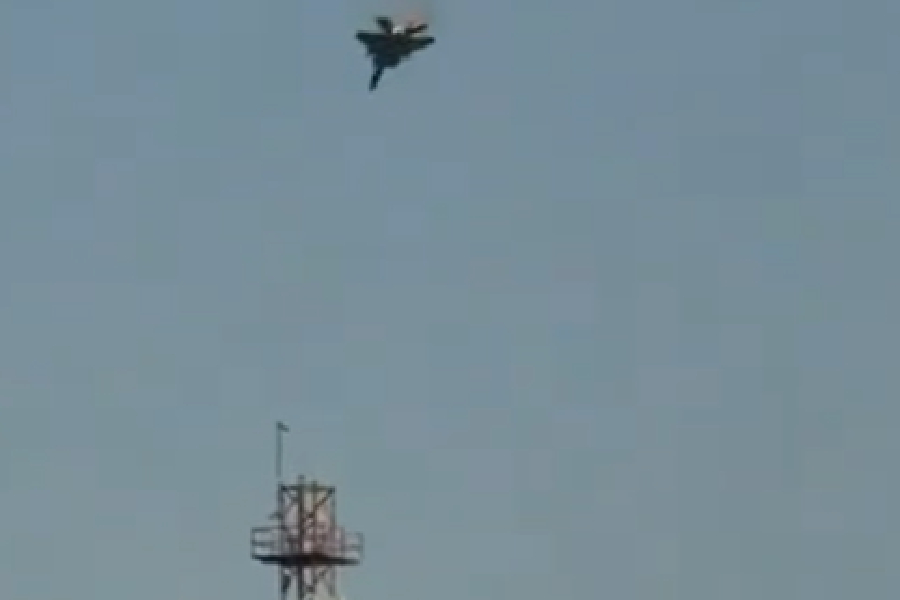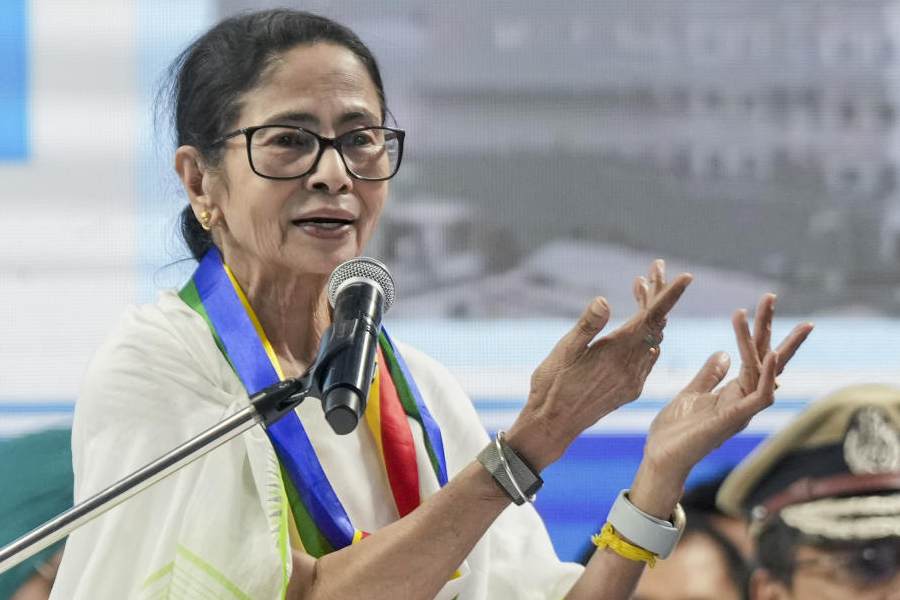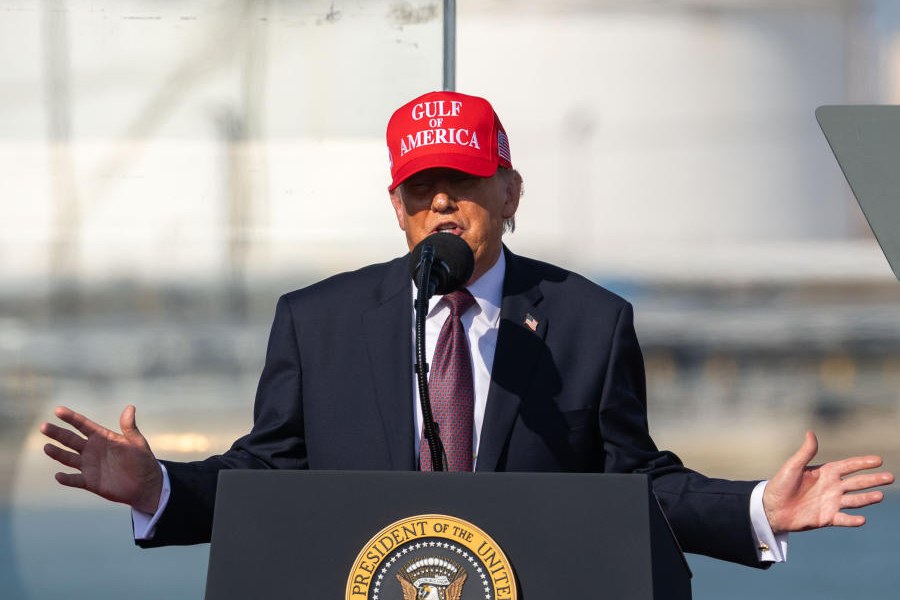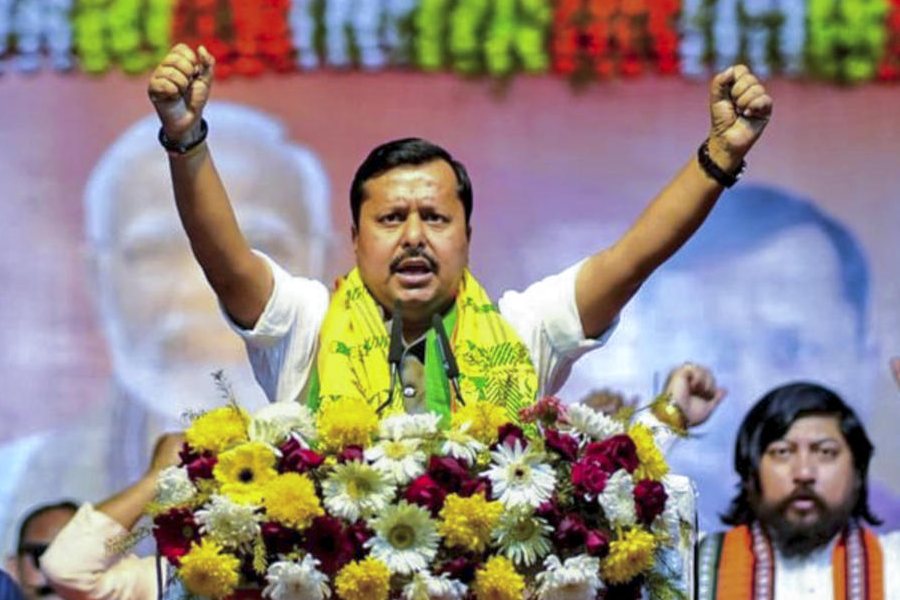The women cadres were making pithas for the King of Bhutan while the men were sprucing up the camp to welcome him when the first shots rang out, breaking the morning calm.
The gunshots signalled the launch of Operation All Clear, which, by the time it ended after three days, not only left Ulfa in utter disarray, but, more importantly, dealt a crippling blow to its confidence and the fight for a sovereign Assam. That was on December 15, 2003.
Seven years later and free for the first time since then, Ulfa’s adviser Bhimkanta Buragohain or Mama, a term of endearment and respect, relives those defining moments till his arrest in a conversation with Ripunjoy Das at his ancestral house at Ahomgaon in Dhola of Tinsukia district
It was a morning like today — cold, with the sun struggling to break through the clouds. There was a cheer in the camp as we were expecting the King of Bhutan. The previous day (December 14), I was sitting in front of my camp at our central headquarters along with my bodyguards and some of our cadres after having my morning meal when a major from the Royal Bhutan Army (RBA), whom I knew very well, came and informed us that the King would be visiting our camp the next morning.
The King had visited our camp on a couple of occasions earlier, too. The army official exchanged pleasantries and handed over some gifts, including a huge box of fresh oranges and a silver bottle of US-made vitamin pills.
On December 15, all of us — there were around a hundred of us including women and children — got up early and started preparing for the King’s visit. The women were preparing Assamese pithas, while I instructed my men to tidy up the camp and line up along the three approach roads to accord a ceremonial welcome to the King. Everything was ready. Around 8.30am, I heard the first gunshots. Initially, I thought our boys were firing to welcome the King.
Quickly, though, I realised that the firing was directed towards the camp and us. Among the melee of thoughts that crowded my mind in those moments, one realisation dawned with shocking numbness: We had been betrayed and attacked. My bodyguards put a protective shield around me as I shouted out to all to run to the jungles.
I went inside my camp to pick up my bag and some other items but one of my bodyguards immediately dragged me out by my hand. That saved me. Within seconds, the first mortar shell landed right on my camp. Two of my boys died in the attack but we did not fire a single round till then.
We remained in the jungles for three nights, starving and thirsty. The attack, mainly shelling and indiscriminate firing, continued for three days. The attackers, however, were unable to locate us and just kept shelling and firing. Then they started sending out radio messages, knowing we would be intercepting those just as they were intercepting ours, to come out of the jungle and give ourselves up.
This was the time “major” Robin Hondique, who is no more now, decided to take a calculated risk.
Converting the gamocha into a white flag, we walked down from the hill for an hour to reach Buddha Vihar where the RBA officials were camping in civil dress.
All of us were taken captive, but they behaved very well with us. We stayed there for two days. Next day, the RBA took us to Writers Army Camp at Koipani. They sent two beautifully decorated horses to take me to the camp, which was a journey of three hours. After a stay at the camp, on December 25, five of us, including Robin and KLO (Kamtapur Liberation Organisation) vice-chairman Harshabardhan Barman, were taken to Deothang, another RBA base, where we saw several Indian armymen. After some time, an Indian Army chopper arrived and the five of us were taken to it. While black cloth hoods were put over the heads of the other four and their hands were tied, they let me be. Not long after, we landed at a large base of the army. It took me a while to make out I was in Tezpur.
We never really recovered from the reverses we suffered in Bhutan. Operation All Clear left us in total disarray with there being no trace of several leaders while some of us were arrested. The last I saw of Ashanta Baghphukan and Robin Neog was at the Writers Army Camp. Before I was sent away, I was told they would be sent later.
The central headquarters, which was under my command, the general headquarters and two other camps — headquarters of 27 battalion and the Madhya Mandal camp — were all demolished by the Royal Bhutan Army with assistance from the Indian Army.
Till Bhutan happened, there was a proper communication between the higher-ups and the battalions. But the offensive broke this chain. More important than the blow to the organisational set-up perhaps was the pounding that our confidence took. Suddenly, our war became more difficult.
Operation All Clear may have been a huge success for Delhi but for us it was a great betrayal. The Indian Army also tried to create further chaos among our rank and file by spreading the word that I had died.
I heard later that hearing the news of my death, the RBA official who had visited us the day before the operations were launched shot himself with his pistol.


